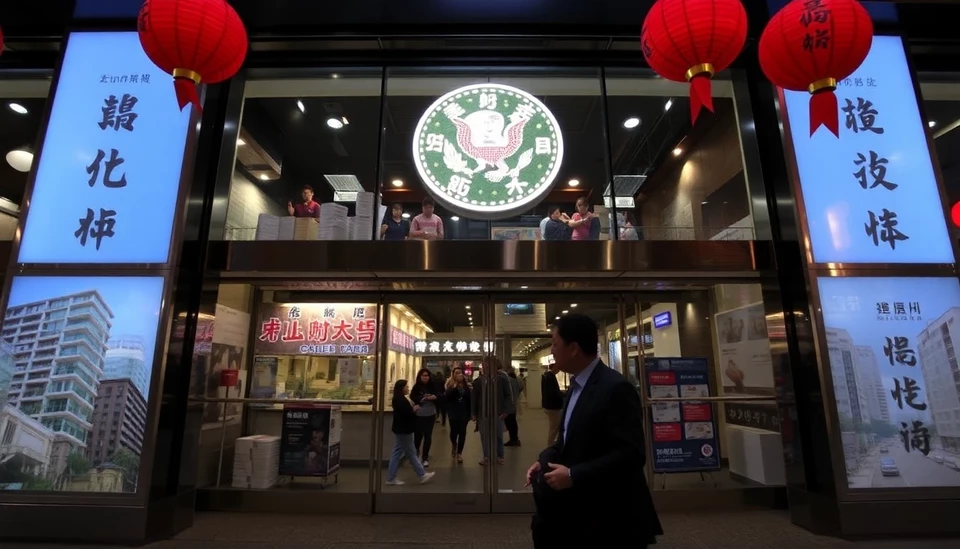
Emerging market currencies experienced a notable downturn, fueled by market participants analyzing potential stimulus measures proposed by China. As global investors closely monitor the economic strategies from the world's second-largest economy, concerns have heightened regarding the ripple effects on neighboring markets and economies reliant on Chinese demand.
The move follows a series of economic indicators from China, which have induced uncertainty about the health of the nation’s economy. Reports suggest that the Chinese government may be considering various fiscal measures aimed at bolstering growth, as economic activity has shown signs of slowing. The anticipated stimulus, which may include infrastructure investments and tax relief, is seen as a double-edged sword; while it could bolster China's economy, it simultaneously raises concerns about inflation and interest rates, particularly across emerging markets.
These uncertainties have led to fluctuations among currency values across several emerging economies. For instance, the Indonesian rupiah, Brazilian real, and South African rand have all faced pressure, reflecting investors' fears that any slowdown in China could further affect trade and investment flows. As the situation evolves, traders are weighing their options and adjusting their positions accordingly.
Market analysts emphasize that while the potential for Chinese stimulus could provide short-term relief, the overarching concerns about global economic stability remain. Emerging markets, which often rely heavily on commodities, might struggle if prices remain volatile in response to China's economic measures. Additionally, the shift in monetary policies in developed economies, especially concerning interest rates, is also contributing to the unpredictable landscape for emerging market currencies.
In light of these developments, experts urge stakeholders to remain cautious. The complexity of the interplay between China's economic strategies and the response from emerging markets necessitates a shrewd approach, as market dynamics can quickly shift based on new information or geopolitical developments.
As traders await more definitive action from Chinese policymakers, speculation will likely continue to drive volatility within the currency markets. Investors are keeping a keen eye on updates from Beijing, knowing that each announcement could have far-reaching implications across emerging economies.
For those affected by these currency fluctuations, it’s crucial to stay informed and prepared for ongoing changes in the market. The unrelenting pace of global economic evolution demands a vigilant perspective, particularly within the context of emerging markets and their interconnectedness with the global economy.
#EmergingMarkets #ChinaStimulus #CurrencyFluctuation #GlobalEconomy #MarketVolatility
Author: Rachel Greene




